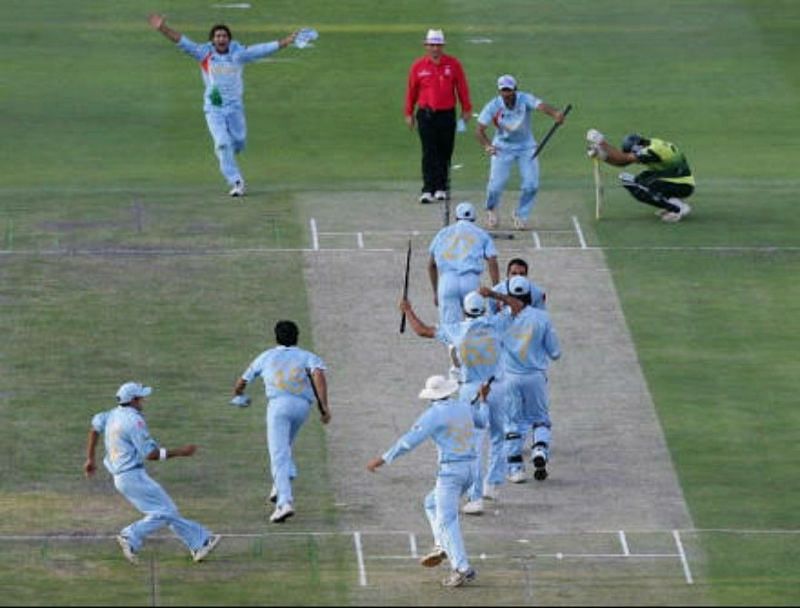
World T20 2007: How India's improbable victory changed Indian cricket
24 September 2007, Johannesburg: "In the air and Sreesanth takes it. India win. Unbelievable scenes here at Wanderers." Every Indian fan would have these words etched in their minds and hearts. What started as a tournament with no expectations, ended as a path-breaking tournament for Indian cricket.
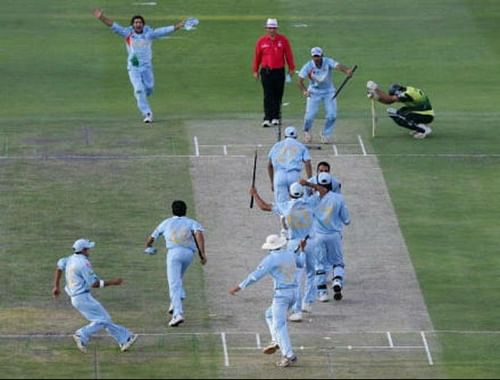
Mother of all rivalries in cricket, the Indo-Pak rivalry was all set to take the world by storm once again. The stage was all set, a world cup finale clash at an iconic stadium. A jam-packed stadium roared for the two subcontinent giants in the most anticipated clash in cricket. Out came the two teams, Indians batted first and the rest is history. The match had literally everything that is anticipated from an Indo-Pak clash. However, it was Pakistan's late comeback as well as the last over drama that turned out to be the most talked about events of the match.
Turn back the clock to 8 August 2007. Sachin, Dravid, Ganguly and Zaheer decided to skip the T20 format for giving the young guns a go. A new captain was announced, who turned out to be the most successful Indian skipper. A team was announced which had players who were struggling to make a comeback to the team, some fringe players and some regulars. Not much was expected from the team as BCCI was not much into the shortest format.
The first match against Scotland was a washout and the second match against Pakistan became only the second tied match in T20 history, a bowl-out followed which India won 3-0. The super-six clash against New Zealand saw India go down by 10 runs, but India saw the menacing opening partnership of Sehwag and Gambir. The next match against England is remembered for Yuvraj's six sixes against Broad. And the last match of super-six was a huge upset for the home team as India ousted them out of the tournament to set a semi-final date with Australia. A dramatic encounter at Durban saw India beat Australia by 15 runs and India became the second finalists after Pakistan.
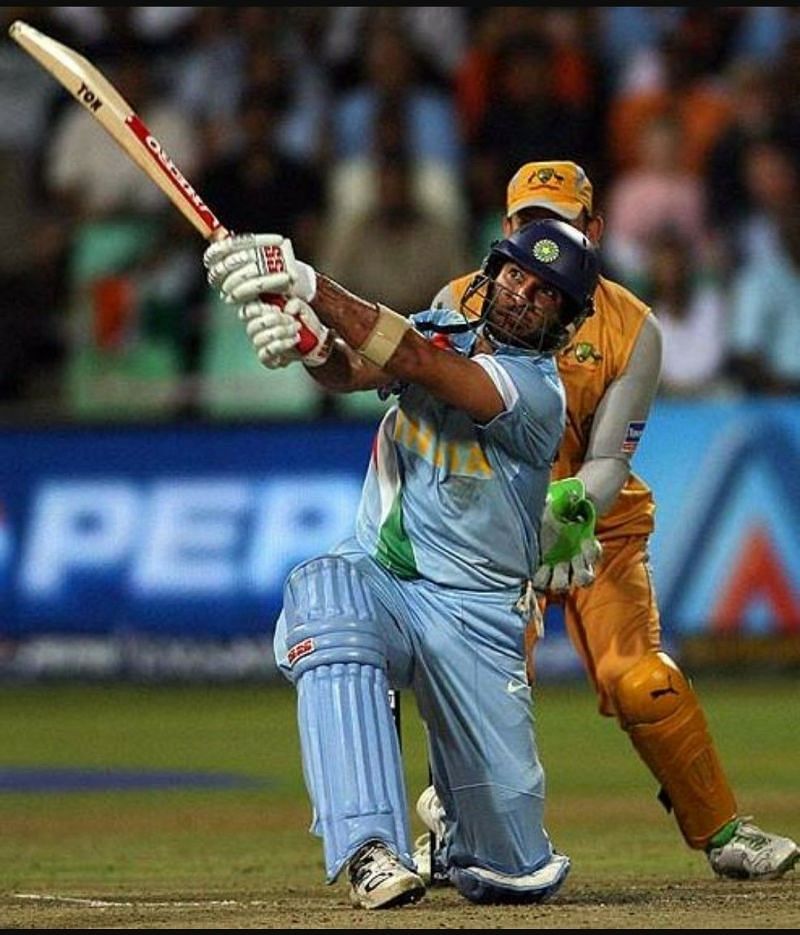
What was worth noticing was the way every individual stepped up to the occasion and played their heart out. How every department of the game was given equal importance was another impressive element. S Sreesanth and RP Singh bowled with express pace and produced match-winning spells. Almost every batsman who played produced at least one match-winning knock. Karthik's flying catch to dismiss Smith is exemplary of India's brilliance in fielding.
The tournament had a lot of moments to cherish for the Indians. Yuvi's six sixes, RP's ripping through the Proteas top order, Sreesanth's celebration after dismissing Hayden, Rohit's career-defining 50, Uthappa-Yuvraj counterattack against the Aussies and Joginder's unforgettable final over are some moments no Indian fan would ever forget.
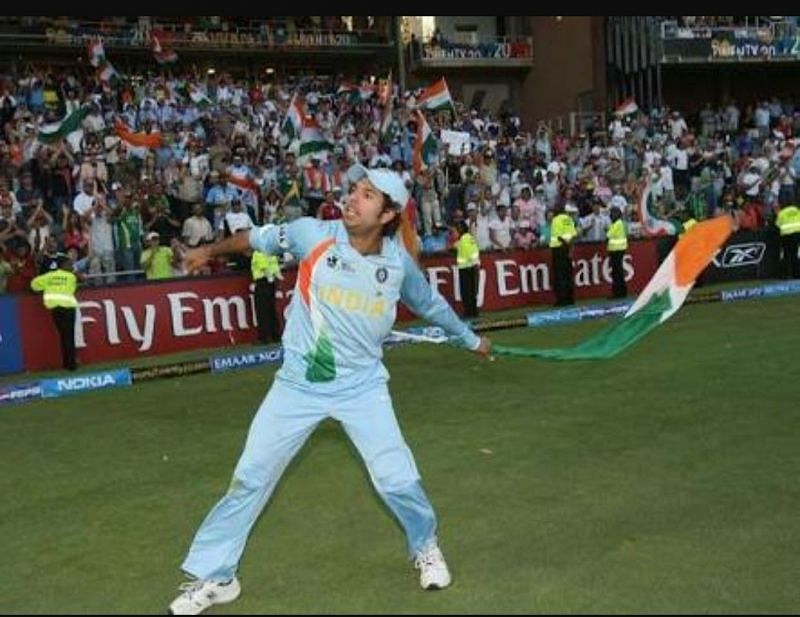
But that was all about what happened in the course of the tournament. What is more important is what transpired after that. India's improbable victory generated BCCI's interest in the shortest format of the game, which ultimately gave rise to the idea of IPL. The popularity of the format among Indians reached great heights during the World T20 and that led to the belief that this format can set new benchmarks in Indian cricket.
Since then, IPL has been a great success. In other words, it can be said to have brought a revolution in the way the game is played in all formats. The emergence of a lot of talented and promising youngsters is another salient feature of the IPL. The likes of Bumrah, Bhuvi, Ashwin, Jadeja, Pandya and many more have all been products of the IPL.
India have an envious bench strength at the moment, which is capable of beating the best sides in the world. The credit of this strong and enviable bench has to go the IPL. And the birth of IPL is ultimately credited to the day India lifted the first ever World T20. The way India played in that tournament exceeded everyone's expectations, since not even the most optimistic fan had even thought of India winning the trophy. Especially the 2007 World Cup debacle and the absence of seniors resulted in the low expectations. But a young captain led his bunch to the title, surprising everyone.
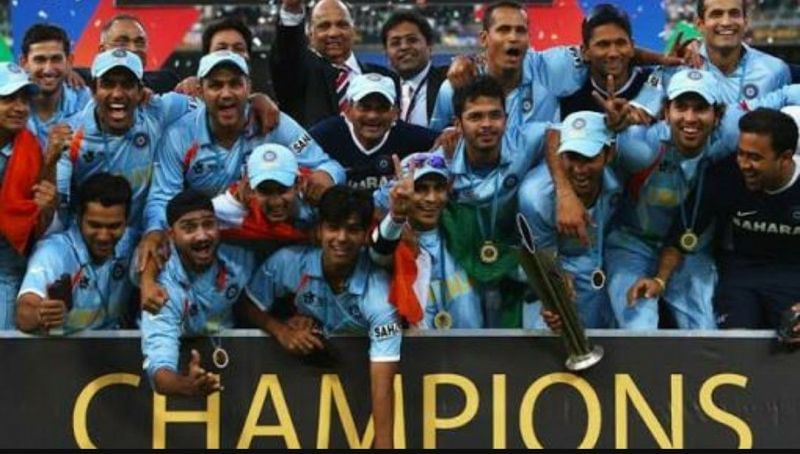
11 years down the line, that victory still holds great significance. The state at which Indian cricket is at the moment, the kind of players they have, the way of cricket they play, everything is a direct or indirect consequence of that victory.